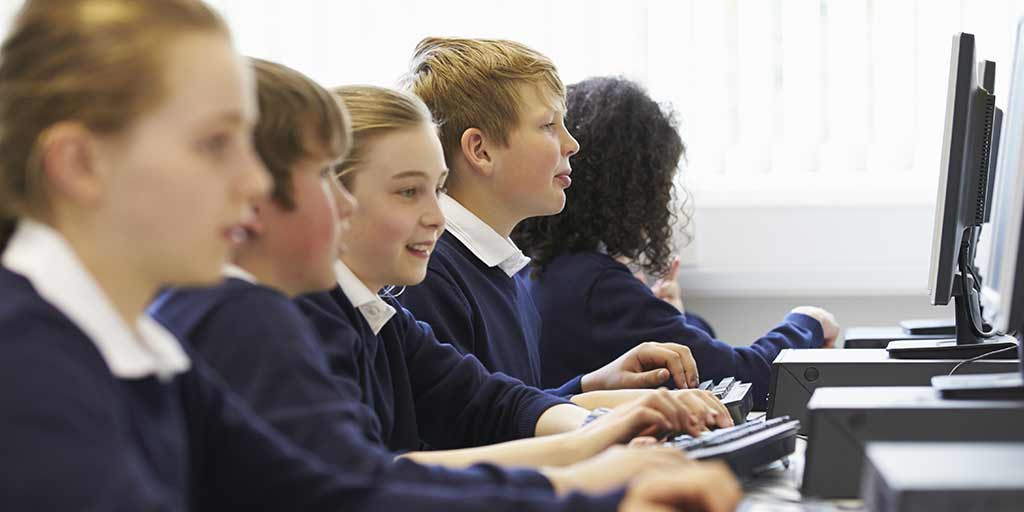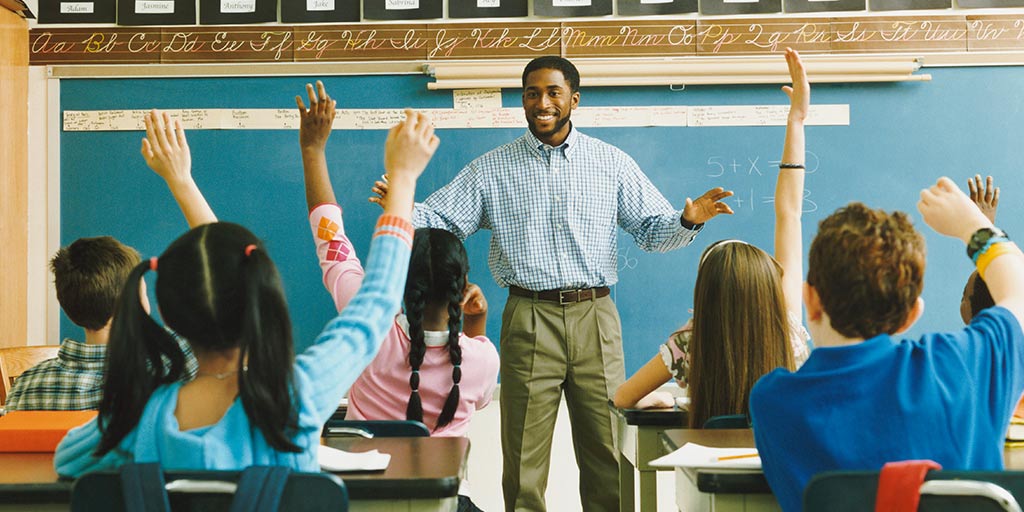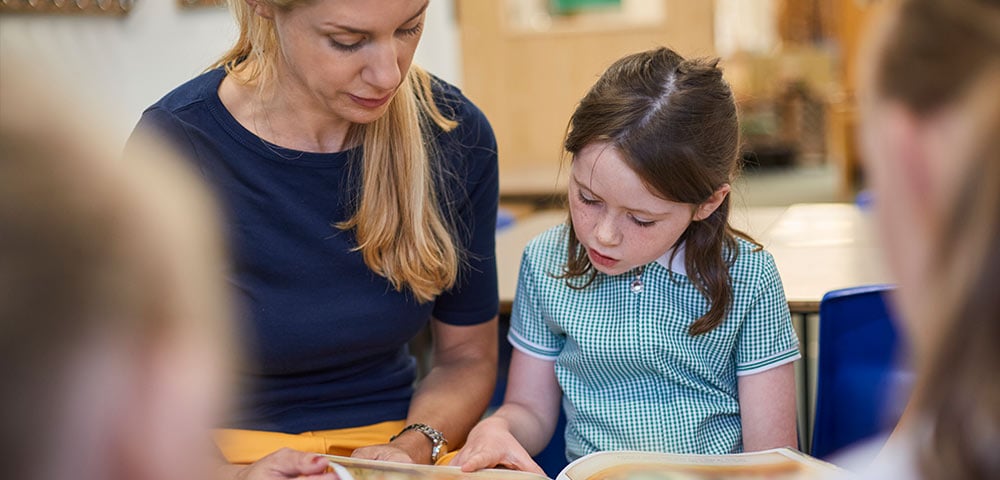What is PISA telling us, and what can teachers do about it?
By Mark Frazer, Teaching and Learning Lead, Cambridge Insight Since the publication of the results from the most recent Programme for International...

Login | Support | Contact us
Professor Peter Tymms : Dec 6, 2016 12:04:00 PM
2 min read

This week’s PISA results show that England’s performance has hardly changed since the last round of assessments in 2012. Indeed, England’s results and the results of most other countries have remained pretty stable since PISA was introduced by the OECD in 2000.
*CEM is now Cambridge Insight.
Changing a country’s PISA results is a bit like trying to turn around an oil tanker: the tanker needs a planned approach over miles coordinated by a knowledgeable team. In education it takes decades of work and a consistent evidence-based approach to education policy. An approach that is at odds with the way that policy is handled in England with a new secretary of state for education bringing in new, often ideological based ways of working, regularly.
There will be a lot of interest across the world in the latest results; many countries experienced a ‘PISA shock’ following the release of the first results prompting a re-examination of their education systems and attempts to address their position in the rankings.
But there is a fundamental problem: PISA results are not directly related to what is taught in schools; they are designed to measure how students use their educational skills in various situations. These ability-based skills are a product of the individuals themselves, their families, schools and society as a whole, not just the education system. And yet the results are often interpreted as indicators of the quality of schooling. To know how effective an education system really is, we need to know where children are when they enter school and what progress the schools are responsible for. To start with we need a baseline.
Our iPIPS research project has started to provide such a baseline and to create a fuller picture: so far we have assessed pupils at the start of school in Russia, China, South Africa and Brazil using the international iPIPS assessment. Developed from previous work it is now available in a dozen languages and the iPIPS international comparative study is steadily expanding.
The developmental work was able to draw on around 3 million assessments of children at the start of their school life and one year later in England, Scotland, New Zealand and Australia. We believe that amongst the many baseline assessment across the world iPIPS is the most robust, the most accurate and the best predictor of later success and difficulties.
PISA results are very hard to make sense of without a baseline of the quality provided by iPIPS.
Professor Tymms discussed these issues in Rio de Janeiro, Brazil, Thursday 9th December 2016.

By Mark Frazer, Teaching and Learning Lead, Cambridge Insight Since the publication of the results from the most recent Programme for International...

by Professor Robert Coe We’ve all done it: observed another teacher’s lesson and made a judgement about how effective the teaching was. Instinctively...

by Professors Christine Merrell and Peter Tymms Last week saw the publication of the new online and open-access report, Understanding What Works in...